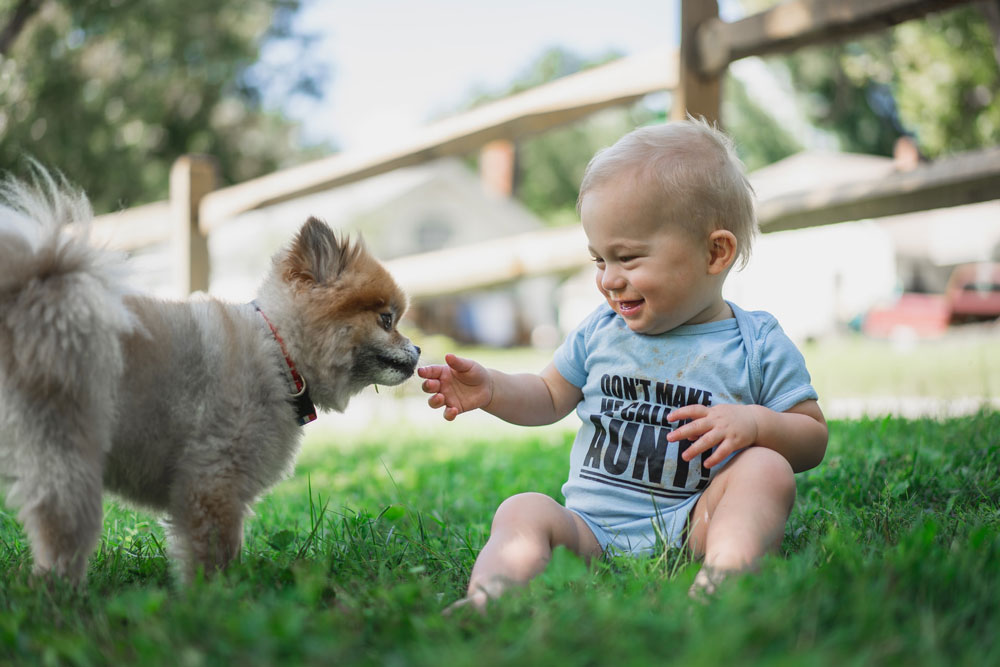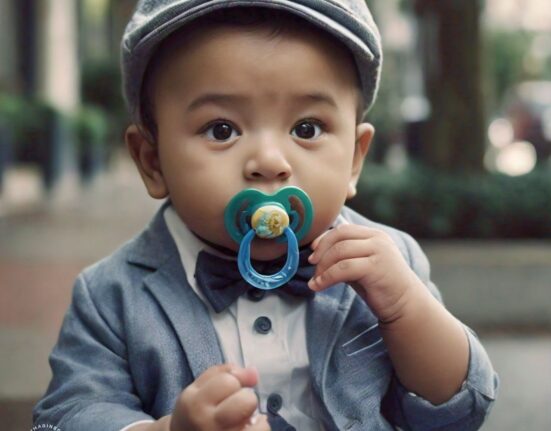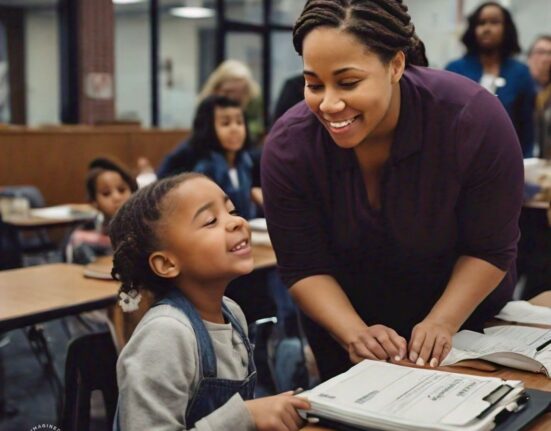As in all other areas of cognition, the first five years of life are a time of rapid development for sight, sound, taste, touch, and smell. In the first six months of an infant’s life, they will be able to recognize the scent of their mother’s breast milk and will develop mature hearing as they are able to identify their parents’ voices.
0-6 months
Towards the six-month mark, as their vision develops further, they will begin to track objects with their eyes and look at their own hands. They might also begin reaching for objects or toys that are nearby and will be able to coordinate actively (rather than reflexively) the suck-swallow-breathe sequence. In the second half of their first year, expect that they will begin to imitate gestures and open their mouth to be fed, using their tongue to move food around their mouth. It is also at this time that they will begin to sleep longer periods of time – 10 to 12 hours with one awakening. They should also be able to drink from a small cup at this stage. Parents looking to support sensory development at this stage should provide their infant with a variety of experiences; different tones of voice when reading, different scents in different environments, and a variety of textures in both food and toys. Signs that these milestones have not been achieved will be difficulty with breastfeeding, sleeping, and crying often; they might also have difficulty sleeping through the night, or struggle to tolerate different textured foods.
6-12 months
In the first year, the infant will begin to feel discomfort at the feeling of a soiled diaper, and will learn about the dangers of hot objects, stairs, and glass; they will also be experimenting with edible and inedible objects. They will react to extremely hot or cold environments and will begin to copy sounds. If your child is also following simple one step directions, and beginning to solve problems with trial and error, their sensory skills are developing at the normal rate. If they are struggling to develop the skills to play with other children their age and having trouble with different food textures, their sensory skills may not be developing at the normal rate.
2-5 years
Between two and three years, you can expect that they will be ready to begin toilet training and will start to explore their surroundings. They might begin to sit and look at books on their own and will have an increased attention span and can begin to match some different shapes. In their next year of life, expect that they will begin to count and differentiate between different colors. They will also begin to understand the line between what is real and what is pretend. At this age your child will also begin to clothe and feed themselves, and by the age of five will have developed the social skills to have friendships. In this stage of development, one of the biggest signifiers that something is amiss in your child’s sensory development is excessive difficulty with toilet training and difficulty tolerating the textures of different foods. This will manifest in certain social situations and might prevent them from developing friendships and play skills.
Try to incorporate sensory play as much as possible at this age to help facilitate normal development. A child who struggles to concentrate on playing while there is noise in the background, for example, could benefit from sensory play that includes different sounds, like dancing to different music, or a nature walk where they identify all the different sounds they hear. Sensory play will also support their problem-solving skills, gross and fine motor skills, and will improve socialization skills. Remember that each child will develop differently, and that it is important to bear in mind that they might reach milestones at slightly different times. Consult your pediatrician if you are concerned with your child’s sensory development. Scheduling regular check-ups will ensure early detection of possible problems with sensory organs and timely interventions.






